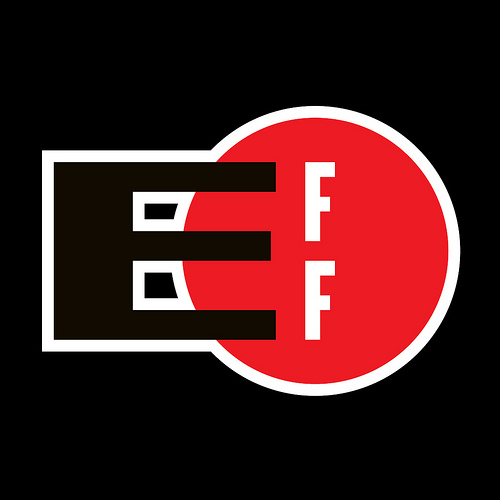Researcher, human rights group not protected by reporters' privilege
By The Associated Press,
First Amendment Center Online staff
10.19.10
WICHITA, Kan. — A federal judge has rejected arguments by a human rights group and a former researcher who claim notes and the identities of informants used for a book on the Rwandan genocide are protected from disclosure by the First Amendment and reporters’ privilege.
Attorneys for Human Rights Watch and author Timothy Longman said yesterday they had not decided on their next move. The international human rights organization has sought unsuccessfully since April to quash subpoenas issued to it and Longman, who has written a book on the 1994 Rwandan genocide that killed an estimated 500,000 to 800,000 people.
The subpoenas come in the case of Lazare Kobagaya, who is charged with fraud and unlawfully obtaining U.S. citizenship in 2006 by claiming he lived in Burundi from 1993 to 1995. Federal prosecutors allege he actually was in Rwanda in 1994 and participated in the slaughter of hundreds.
Prosecutors say his case is the first in the United States requiring proof of genocide. He faces deportation if convicted. Trial is set for April.
U.S. District Judge Monti Belot refused on Oct. 15 to overrule a magistrate judge’s decision requiring Human Rights Watch and Longman, the former director of the group’s Rwandan field office, to disclose documents subpoenaed by Kobagaya’s defense team. The judge also restricted further distribution of the documents.
Belot wrote in his decision that he was “not unmindful or insensitive” to concerns that release of the documents could endanger persons who spoke to Longman, but found the concerns to be overstated and speculative.
Longman, now director of Boston University’s African Studies Center, had been the government’s paid expert witness in Kobagaya’s case until he withdrew during the dustup over the subpoenas.
“In this case the government invited someone who had been a consultant very long ago to be an expert witness and didn’t explain to him that by putting himself forward as an expert witness any and all materials upon which he based his expert opinions could be subpoenaed. ... Dr. Longman didn’t seek independent legal advice and the government didn’t brief him on what the consequences of his agreeing to testify would be,” Dinah PoKempner, general counsel for Human Rights Watch, said yesterday.
Longman declined to comment yesterday.
Longman and Human Rights Watch had objected to the magistrate judge’s finding that their rights under the reporters’ privilege were “waived when Longman agreed to become a paid expert for the government and the privilege was not revived when Longman withdrew as the government’s expert.”
But Belot wrote that neither Longman nor Human Rights Watch had been able to cite a case “involving a claim of privilege by a person appearing voluntarily at trial as an expert witness for one of the parties, much less a case holding or even suggesting that a witness may revive the privilege merely by withdrawing as a witness, expert or otherwise.”
Devereux Chatillon, one of the attorneys representing Longman and Human Rights Watch, said Belot’s ruling was based on “the particular and unusual facts of this case” and would not be considered a legal precedent for other First Amendment cases.
“Human Rights Watch is covered by the newsgatherers’ privilege on which it relies to gather important information about human rights and what is happening to human rights in various places around the world,” Chatillon said. The privilege protects reporters from having to reveal sources and other information uncovered during newsgathering.
The subpoena issued to Human Rights Watch seeks research done for a 1999 report, “Leave None to Tell the Story: Genocide in Rwanda,” including a chapter on Nyakizu, Rwanda, where some of Kobagaya’s alleged crimes occurred.
PoKempner said persons who gave confidential interviews could be exposed even though none of them mentioned Kobagaya, making the interviews very tenuous to his defense.
“We really do care about the defendant,” PoKempner said. “I hope Mr. Kobagaya gets the fairest trial possible that the United States can offer.”
Kobagaya’s defense attorney, Kurt Kerns, could not be immediately reached for comment on this latest ruling. But Kerns has said in the past that Human Right Watch’s concerns are misplaced, saying he has no interest in putting anyone at risk but wants to ensure his client gets a fair trial.

